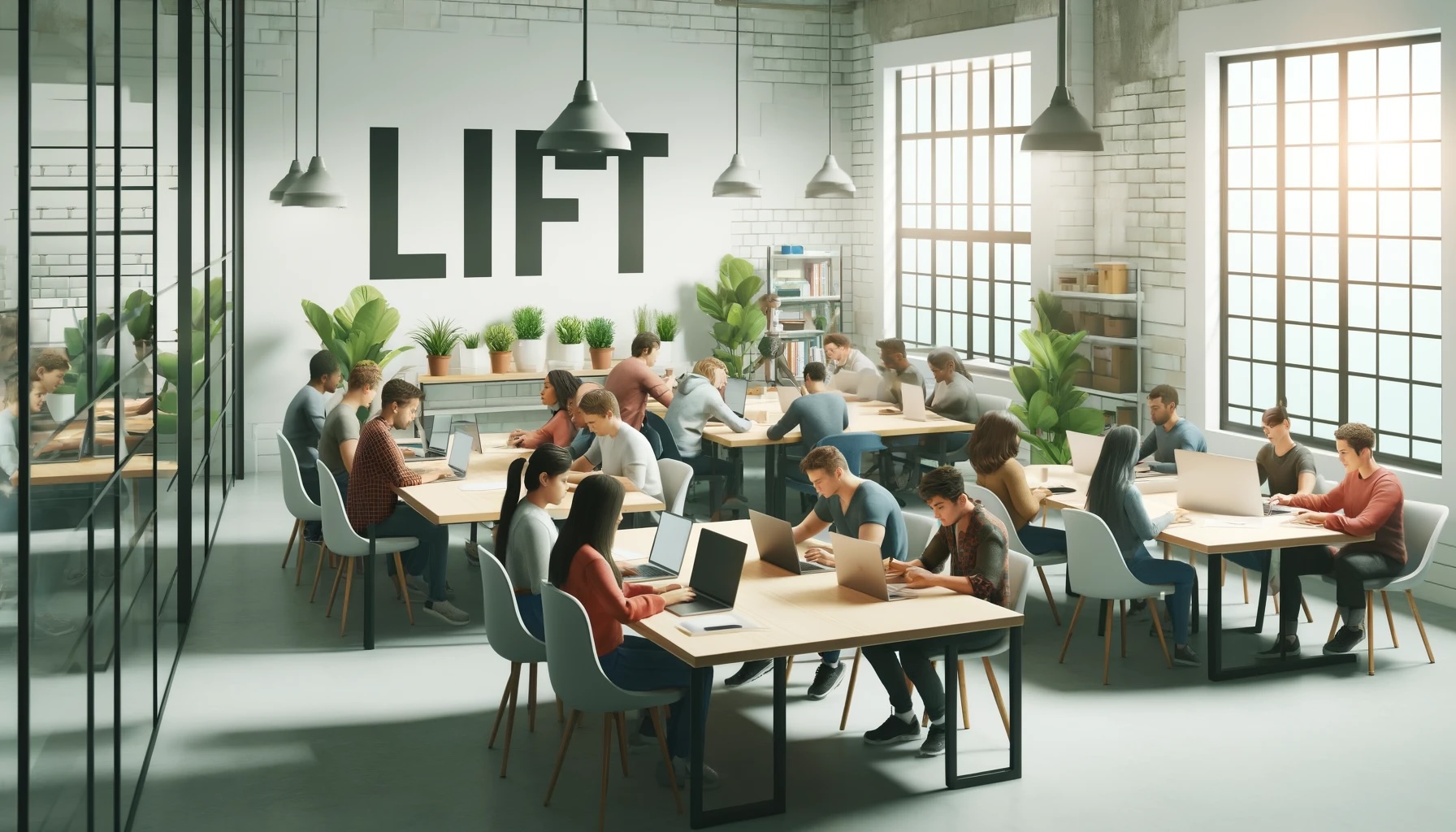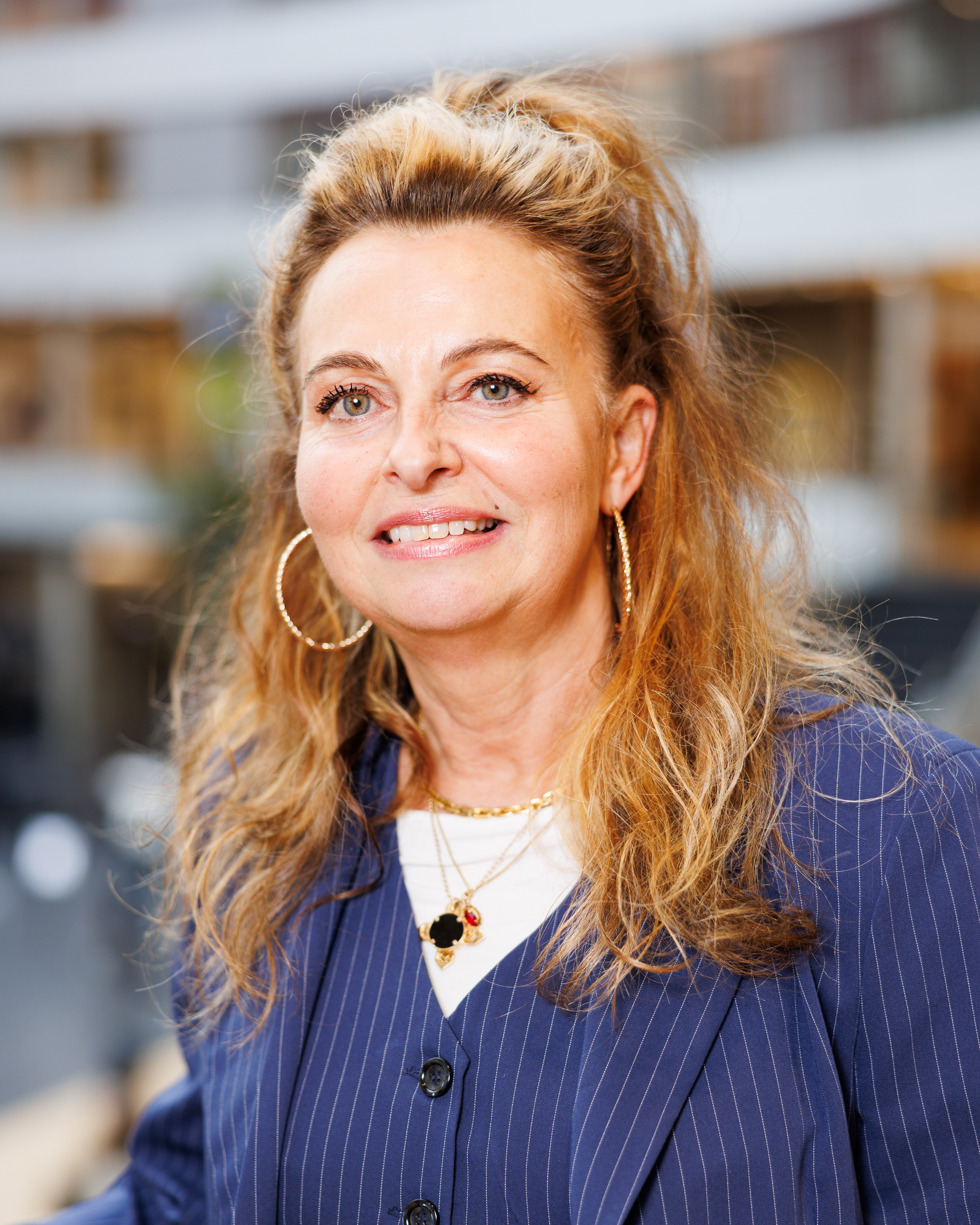LIFT - Linking Inclusive Flexible Teaching
A flexible and inclusive approach to teaching is essential to best support students.
Centre of Expertise Global and Inclusive Learning

A study of equity and Universal Design for Learning at THUAS
Today's education system increasingly recognizes that students have different needs and learning styles. A flexible and inclusive approach to teaching is essential to best support students. Universal Design for Learning (UDL) is a framework that helps teachers facilitate diversity by providing multiple modes of learning, engagement, and expression.
The LIFT research - Linking Inclusive Flexible Teaching - of the Learning Technology & Analytics Research Group investigates how teachers can effectively implement UDL and respond to the diverse needs of their students at THUAS. The research will be conducted in the first semester of the 2024-2025 academic year among a subset of lecturers and students of the bachelor's program in Applied Physics at the Faculty of Technology, Innovation & Society (TIS). Participation by lecturers and students is voluntary.
Research questions
The LIFT survey has three key questions:
- How does using UDL in teaching affect students' appreciation of self-direction in their learning?
This question concerns the extent to which students with and without support need to take responsibility for their learning due to UDL. - How does UDL affect teacher-student communication?
This question explores how UDL affects interaction and feedback between teachers and students. - How does UDL affect teachers' willingness to professionalize teaching students with support needs?
Here, we examine how UDL training motivates teachers to adapt their teaching methods to the diverse needs of their students.
Purpose and approach of the LIFT study
LIFT offers teachers a professionalization program that supports them in implementing UDL. To properly prepare the teachers for the study, they attended a UDL training course beforehand provided by researcher and autism coach Maria Sobral. This training gave them the necessary prior knowledge of the Universal Design for Learning teaching method. Through workshops, training sessions, and continuous feedback, the teachers are further equipped with the skills and insights needed to transform their teaching practices. The study encourages teachers to revise their pedagogical approaches to effectively improve their ability to support all students, including those with support needs.
Potential benefits for teachers, students, and THUAS
LIFT research could potentially mean a lot:
For teachers: By participating in LIFT, teachers are equipped to integrate UDL into their teaching practice, which can increase their flexibility and effectiveness. Using UDL can lead to higher engagement and motivation to professionalize further.
For students: Students may benefit directly from UDL by having more tailored learning experiences. These experiences are expected to promote their self-regulation, engagement, and success in education.
For THUAS: Implementing UDL within education can potentially contribute to a more inclusive and flexible learning environment. If so, this program strengthens THUAS' position as an educational institution that wants to be at the forefront of providing accessible and high-quality education for all students.
It is further expected that by strengthening the self-regulation capacities of lecturers and students, LIFT will improve the quality of education and increase the satisfaction and engagement of all involved.
Contact
For questions, suggestions, or more information, please contact researcher Maria Sobral at [email protected].
We value your input and look forward to further collaboration!
